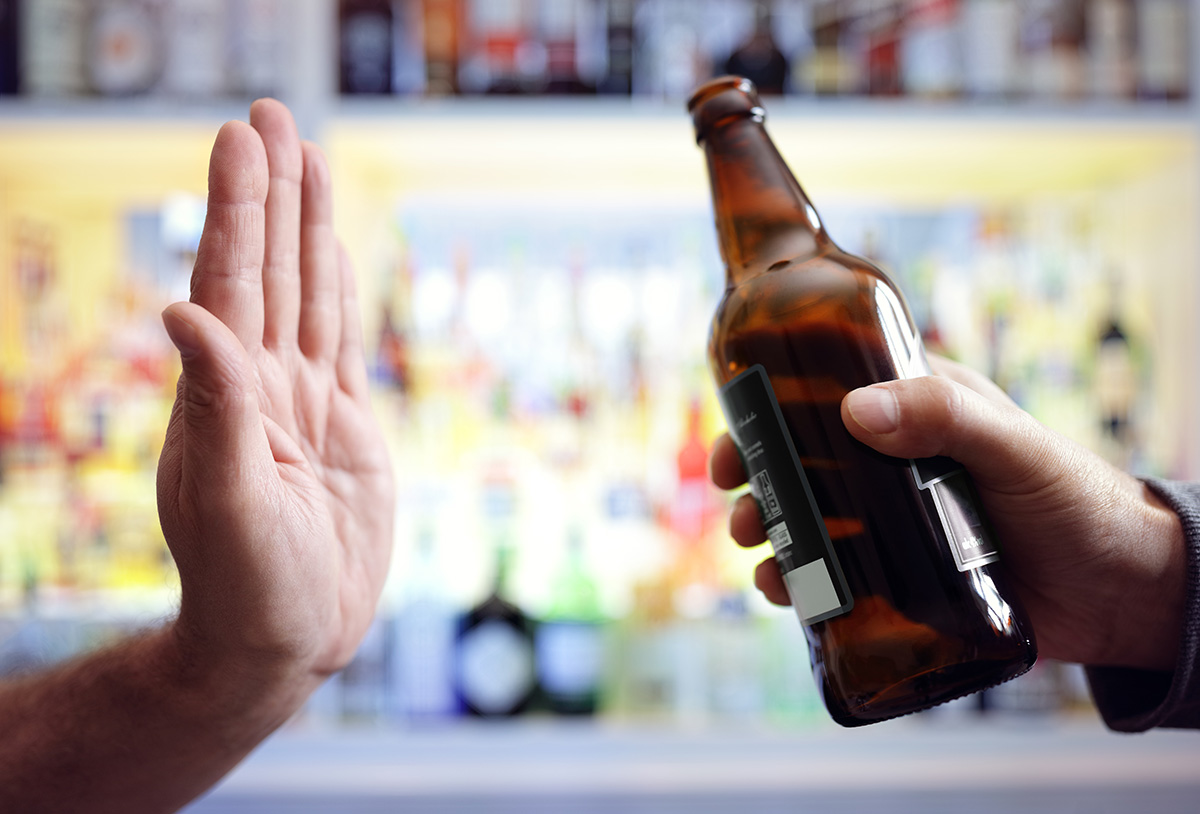

By: Eric Kaplan
Social use of alcohol is a common practice followed by many healthy college students. Generally, this behavior does not lead to significant problems as long as students make mature decisions regarding their alcohol consumption, such as drinking in moderation and drinking in a manner that does not place themselves or others in danger. Unfortunately, for some college students drinking becomes a problem and sometimes a disease. Sometimes starting in high school, addiction to alcohol, also known as Alcohol Use Disorder is a common medical problem, but alcohol problems on college campuses are often ignored and considered a phase. In fact, alcoholism and drug use go hand-in-hand as substance use disorder in college students is a growing problem. According to the National Institute on Alcohol Abuse and Alcoholism, 20% of college students between the ages of 18 and 24 meet the criteria for Alcohol Use Disorder. Researchers estimate that about 1,825 college students die from alcohol-related injuries, 698,000 students are assaulted by another student who has been drinking and 97,000 students report experiencing alcohol-related sexual assault. About 25% of college students report academic problems related to drinking.
Signs Of Alcoholism In College Students
If you have a college-aged friend or relative who has the following problems, there is a good chance they have a problem with drinking and may have Alcohol Use Disorder.
- Academic problems including missing classes, falling behind in class or testing performed poorly on exams and papers
- Repeated binge drinking such as 4-5 drinks within 2 hours
- Relationship problems related to alcohol use
- Drinking activities on a daily basis
- Hiding the use of alcohol from others
- Difficulty stopping or reducing alcohol use
- Withdrawal symptoms including insomnia, shakiness, sweating and nausea/vomiting
Alcoholism on college campuses is not an issue that should be ignored or accepted. Not only can alcoholism result in alcohol poisoning, it can also lead to developing an alcohol-related mental health disorder. If you have a friend who has some of these warning signs, please talk with them. Express your concerns and encourage them to get help. Just the fact that you have expressed your concerns may be enough for them to take a hard look at their alcohol use and perhaps they may consider seeking substance use disorder treatment.
College Student Resources
Lakeview Health Addiction Treatment and Recovery The National Institute on Drug Abuse (NIDA) Alcoholics Anonymous (AA)





